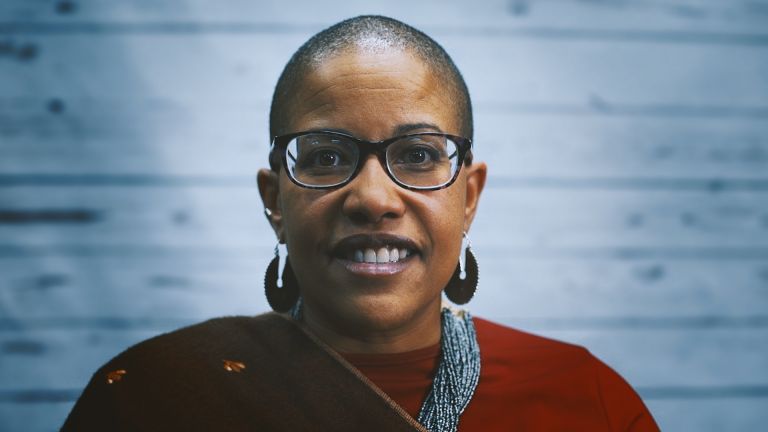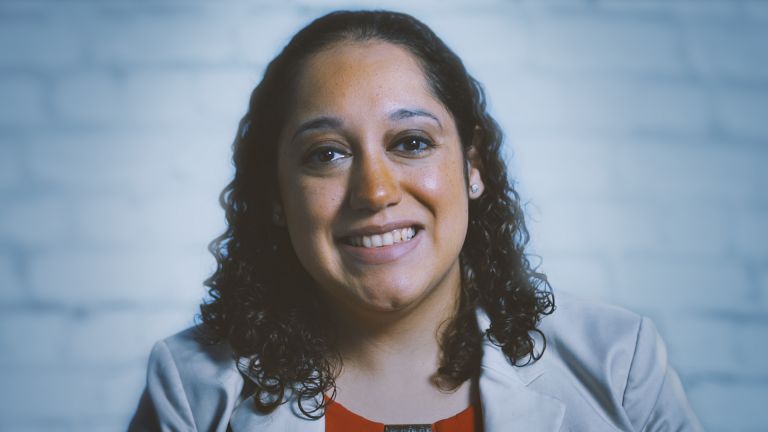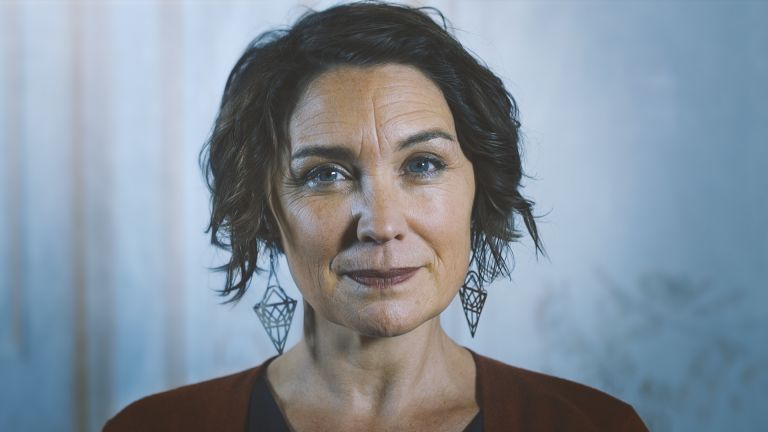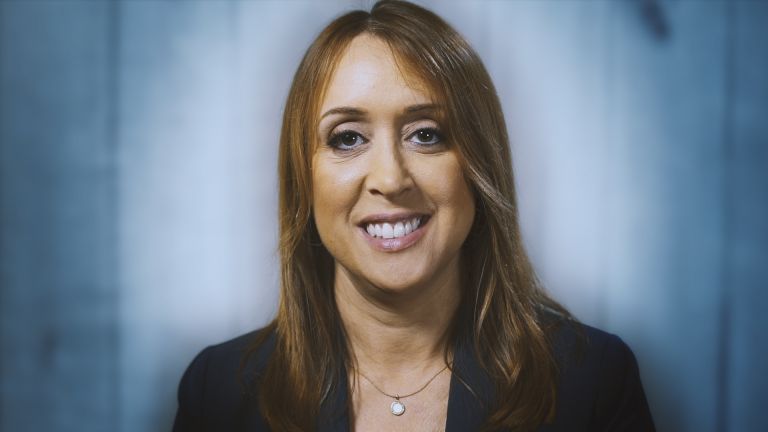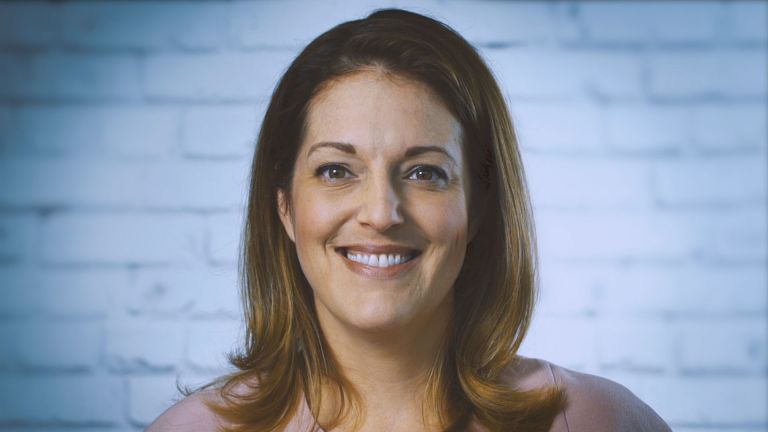Ted Rynearson, M.D.
Ted Rynearson, M.D. is a clinical professor of psychiatry at the University of Washington, a practicing, clinical psychiatrist, a national and international clinical teacher, and a consultant to the Survivors of Violent Loss Program. Now semi-retired, Ted has focuses on researching the effects of complicated bereavement and violent death. He is the founder of Violent Loss Bereavement Society and the author of Retelling Violent Death and the editor of Violent Death: Resilience and Intervention Beyond the Crisis.
You can almost liken grief to an amputation. Grief has a neurobiologic basis and that’s important for people to appreciate because I think it’s comforting to know that there is something going on at a level that’s fundamental. We know that with physical amputation there’s specific interconnections within our brain, that are responsible for registration of body parts. And I think what goes on with a grief reaction is that there are parts of ourself that are also registered neurologically.
So when an important part of ourself, like a child or a spouse or close family member of friend is dismembered from us, we remember the presence of that person as a phantom presence in terms of narrative memory or story, a visual memory of their presence. And we go through an involuntary process of trying to reattach with somebody that we’ve been amputated from
There are really only two stages of grief, there’s who you were before and who you are after. So, grief it’s a rite of passage that we go through, where to some extent it changes us and it’s nothing we ever get over. I think it’s something we carry forward forever.
Grief rarely involves clinical consultation. the greatest source of support are family, close friends and coworkers, and sometimes getting back to work provides a sense of meaning and a coherence. Then its spiritual sorts of beliefs, sometimes religious, so pastoral counseling is something that seems to be very comforting and supportive.
Another important resource of support are support groups, which have sprung up in almost every community, often based in a church and those can be very helpful at a certain point. And at the bottom of the list are clinicians. It’s very rare, probably less than 5% of individuals that are going through a death experience will talk with a clinician. The vast majority find support and comfort through friends and family members and Coworkers.
There is no rigid model to follow, if you’re trying to comfort someone you know, who is going through a fresh grief reaction. I think the most important attitude to have, rather than an outline of what you ought to do or what you have to say, the attitude should be one of a tolerance for ambiguity.
You don’t know what the person’s going through, but I think what you can offer is time and listening. Particularly if it’s a relationship that’s been close, you know this person well, and to ask them in an honest, open way, “How are you doing?” And they might say, “I’m doing fine” and the importance of respecting that.
But at the same time I think, to give the message if they want to talk, to have time to be able to process that with them, and I think to give the message, “I would like to keep in touch with you. Would it be all right if I called you in a month or sent you a note in a month.”
In other words, offering to maintain some sort of connection over time to try and be of comfort, because what they’re going through in the first six weeks is going to be very different probably than what they're going through in the six months from now.
And the mistaken assumption of trying to offer definite advice about what they should or shouldn’t do, when you don’t really know.
So ambiguity is really important to respect and so is avoidance. People don’t want to talk. There’s nothing important about being able to express all of these emotions immediately. Avoidance is a healthy thing initially. That’s something that should be respected until you know the person a lot better, until they’re willing to open up with some of these feelings on their own.
“Our contemporary society doesn’t respect the need for time. We’re getting more and more rushed, more and more focused on consuming and less and less tolerance for listening. Less and less tolerance for respecting and during change. And so we hope for and anticipate easy answers and I think that’s what stages and a lot of the popular books that are written on grief, can be very comforting. But they often don’t respect the fact that things are forever changed and we can’t go through steps to recover.”Ted Rynearson
